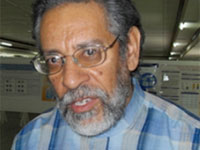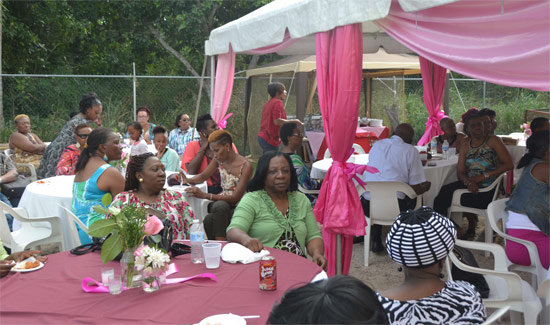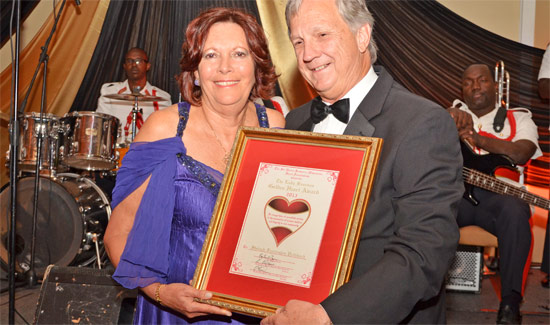
Nassau (Bahamas): A leading researcher in HIV/AIDS from the Caribbean islands has called on regional governments to consider decriminalisation of homosexuality as part of the overall fight against HIV/AIDS.
Peter Figueroa, a professor in public health, epidemiology and HIV/AIDS at the University of the West Indies in Jamaica, said he was impressed with the recent announcement by the Bahamas Prime Minister Hubert Ingraham that the country’s parliament had passed legislation to decriminalise homosexuality.
Figueroa said he was certain that other Caribbean countries, despite their strong religious background, would not have objections to such a legislation.
He said that in many countries where the practice of men having sex with men had been decriminalised, the people were largely religious.
“But we must stop making a moral issue of it. It is simply respecting the individual’s rights and choice to do what he does privately,” he said.
He said issues like poverty, stigma and dealing with sex workers and other vulnerable groups were other challenges facing the region, where an estimated 240,000 people were now living with HIV/AIDS.
He said the ability to talk in a sensible and reasonable way about sexual matters and the need to educate the young people was extremely important.
Suriname and the French Caribbean islands “have more explicit sex education in schools, and in a control way they also have access to condoms for young people who are sexually active”, he said.
Figueroa is also the chair of the UNAIDS HIV Prevention Reference Group and deputy chair of the Regional Coordinating Mechanism of the Pan Caribbean AIDS Partnership.
In Addition, head of the Centre for Health Economics at the University of the West Indies, Professor Karl Theodore is urging Caribbean governments to allocate one per cent of their annual gross domestic product (GDP) to financing the fight against HIV/AIDS in the region.
Professor Theordore says the region needs an estimated US$180 million annually deal with HIV/AIDS and that instead of allocating fixed sums to address HIV/AIDS, the region should consider establishing a pool to which the one per cent could be allocated.


